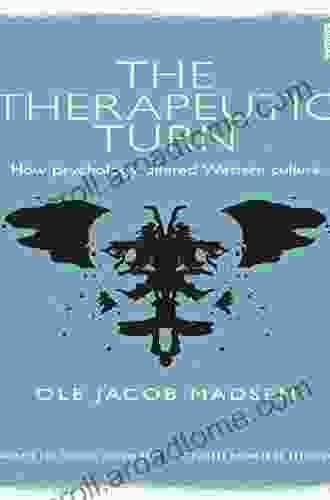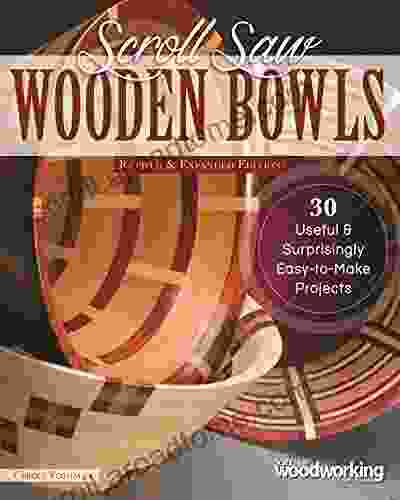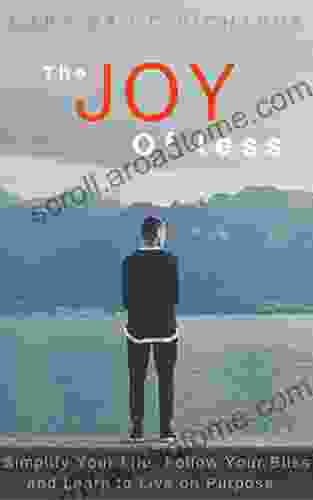How Psychology Altered Western Culture: Concepts for Critical Psychology

Psychology has had a profound impact on Western culture, shaping our understanding of ourselves and the world around us. From the way we think about mental illness to the way we raise our children, psychology has played a major role in shaping our society. But what are the underlying assumptions of psychology? And how have these assumptions shaped our culture?
5 out of 5
| Language | : | English |
| File size | : | 458 KB |
| Text-to-Speech | : | Enabled |
| Screen Reader | : | Supported |
| Enhanced typesetting | : | Enabled |
| Word Wise | : | Enabled |
| Print length | : | 206 pages |
In this book, we will explore the critical psychology approach to understanding the relationship between psychology and culture. Critical psychology is a perspective that challenges the traditional assumptions of psychology, arguing that they are often based on a narrow and individualistic view of human nature. Critical psychologists argue that psychology should be used to challenge social inequality and oppression, and to promote human liberation.
This book will provide you with a comprehensive to critical psychology. We will begin by exploring the historical development of psychology, and then we will discuss the key concepts of critical psychology. We will also examine the applications of critical psychology to a variety of social issues, such as mental illness, crime, and education.
By the end of this book, you will have a deep understanding of critical psychology and its implications for understanding Western culture. You will also be able to use critical psychology to analyze social issues and to develop strategies for social change.
Chapter 1: The Historical Development of Psychology
The history of psychology is closely intertwined with the history of Western culture. The roots of psychology can be traced back to the ancient Greeks, who were interested in understanding the nature of the human mind. However, it was not until the 19th century that psychology began to emerge as a distinct discipline.
The early psychologists were heavily influenced by the scientific method, and they sought to develop a science of the mind. They believed that the human mind could be studied in the same way as the physical world, and they used experimental methods to investigate mental processes.
The early psychologists also developed a number of theories about the nature of the human mind. These theories included structuralism, functionalism, and behaviorism. Structuralism, which was founded by Wilhelm Wundt, sought to identify the basic elements of the mind. Functionalism, which was founded by William James, sought to understand the function of the mind in helping people to adapt to their environment. Behaviorism, which was founded by John B. Watson, sought to understand the behavior of animals and humans in terms of stimulus-response relationships.
The early psychologists made significant contributions to our understanding of the human mind. However, their theories were often based on a narrow and individualistic view of human nature. They tended to focus on the individual mind, and they paid little attention to the social and cultural context in which people live.
Chapter 2: The Key Concepts of Critical Psychology
Critical psychology is a perspective that challenges the traditional assumptions of psychology. Critical psychologists argue that the traditional assumptions of psychology are often based on a narrow and individualistic view of human nature. They argue that psychology should be used to challenge social inequality and oppression, and to promote human liberation.
The key concepts of critical psychology include:
- Social constructionism: The idea that reality is socially constructed, and that our understanding of the world is shaped by our social and cultural experiences.
- Discourse analysis: The study of how language is used to construct reality.
- Power: The ability to control others, and to shape their thoughts and behavior.
- Knowledge: The information and understanding that we have about the world.
- Subjectivity: The unique experiences and perspectives of each individual.
Critical psychologists use these concepts to analyze how psychology has been used to maintain social inequality and oppression. They argue that psychology has often been used to justify discrimination and oppression, and to silence dissent.
Chapter 3: The Applications of Critical Psychology
Critical psychology can be used to analyze a wide range of social issues, including mental illness, crime, and education.
Critical psychologists have argued that mental illness is often a product of social inequality and oppression. They have also argued that the criminal justice system is often biased against people of color and the poor. And they have argued that the education system often fails to meet the needs of students from diverse backgrounds.
Critical psychology can be used to develop strategies for social change. Critical psychologists have worked to develop anti-racist and anti-oppressive practices in psychology. They have also worked to develop alternative approaches to mental health treatment, criminal justice, and education.
Psychology has had a profound impact on Western culture, shaping our understanding of ourselves and the world around us. However, the traditional assumptions of psychology are often based on a narrow and individualistic view of human nature. Critical psychology challenges these assumptions, and offers a more nuanced and critical understanding of the human mind and its role in society.
Critical psychology can be used to analyze a wide
5 out of 5
| Language | : | English |
| File size | : | 458 KB |
| Text-to-Speech | : | Enabled |
| Screen Reader | : | Supported |
| Enhanced typesetting | : | Enabled |
| Word Wise | : | Enabled |
| Print length | : | 206 pages |
Do you want to contribute by writing guest posts on this blog?
Please contact us and send us a resume of previous articles that you have written.
 Book
Book Novel
Novel Page
Page Chapter
Chapter Text
Text Story
Story Genre
Genre Reader
Reader Library
Library Paperback
Paperback E-book
E-book Magazine
Magazine Newspaper
Newspaper Paragraph
Paragraph Sentence
Sentence Bookmark
Bookmark Shelf
Shelf Glossary
Glossary Bibliography
Bibliography Foreword
Foreword Preface
Preface Synopsis
Synopsis Annotation
Annotation Footnote
Footnote Manuscript
Manuscript Scroll
Scroll Codex
Codex Tome
Tome Bestseller
Bestseller Classics
Classics Library card
Library card Narrative
Narrative Biography
Biography Autobiography
Autobiography Memoir
Memoir Reference
Reference Encyclopedia
Encyclopedia James L Greenstone
James L Greenstone Carl Nordgren
Carl Nordgren Satpreet Singh
Satpreet Singh Bruce W Long
Bruce W Long Elaine Fantle Shimberg
Elaine Fantle Shimberg Thomas M Haladyna
Thomas M Haladyna Czeslaw Tubilewicz
Czeslaw Tubilewicz Brittney Davis
Brittney Davis Rocco Leonard Martino
Rocco Leonard Martino Carl Schmitt
Carl Schmitt Gordon Inkeles
Gordon Inkeles Carol Fung
Carol Fung Hari M Osofsky
Hari M Osofsky Jean Michel Boudard
Jean Michel Boudard Carrie Overton
Carrie Overton Marit Larsen
Marit Larsen Broderick Boyd
Broderick Boyd Royce Buckingham
Royce Buckingham Michael Starks
Michael Starks Burney Waring
Burney Waring
Light bulbAdvertise smarter! Our strategic ad space ensures maximum exposure. Reserve your spot today!

 George OrwellPutting It All Together: The Truth About Bodybuilding Supplements, Menus,...
George OrwellPutting It All Together: The Truth About Bodybuilding Supplements, Menus,... Beau CarterFollow ·4.7k
Beau CarterFollow ·4.7k John SteinbeckFollow ·7.5k
John SteinbeckFollow ·7.5k Harrison BlairFollow ·16.6k
Harrison BlairFollow ·16.6k Franklin BellFollow ·17.6k
Franklin BellFollow ·17.6k Chadwick PowellFollow ·8.3k
Chadwick PowellFollow ·8.3k Neil GaimanFollow ·19k
Neil GaimanFollow ·19k Forrest BlairFollow ·11.7k
Forrest BlairFollow ·11.7k Cody BlairFollow ·19k
Cody BlairFollow ·19k
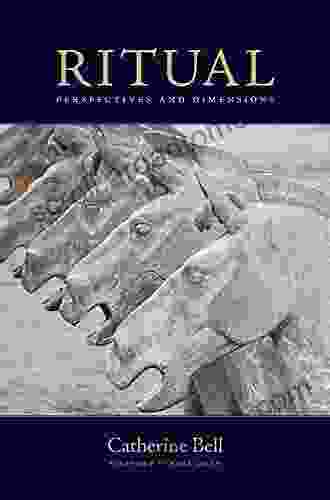
 Shawn Reed
Shawn ReedEmbark on a Transformative Journey: Discover Ritual...
Delve into the Enigmatic World of...
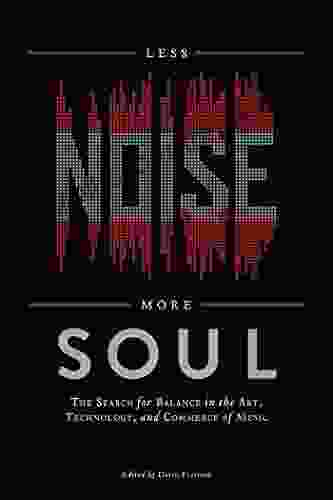
 Connor Mitchell
Connor MitchellUnleash Your Soul: A Journey to Less Noise, More Soul
Embrace the Power of Silence...
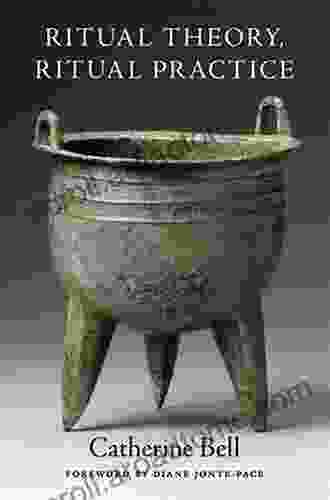
 Derek Cook
Derek CookRitual Theory, Ritual Practice: Unlocking the Secrets of...
Rituals have been an...

 Evan Hayes
Evan HayesStop the Itch: Simple Steps to Lasting Relief
Itching, an...

 Herman Mitchell
Herman MitchellThe Ultimate Premarital Guide: Your Essential Wedding...
Congratulations on your engagement! This is...
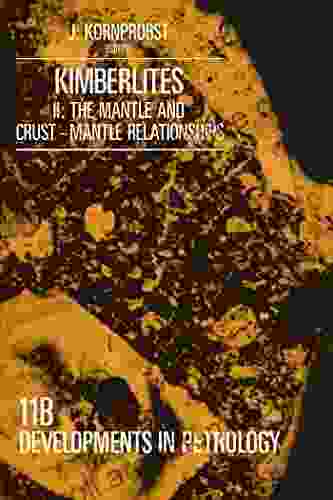
 DeShawn Powell
DeShawn PowellUnlocking the Enigma of the Mantle: A Deep Dive into "The...
Our planet,...
5 out of 5
| Language | : | English |
| File size | : | 458 KB |
| Text-to-Speech | : | Enabled |
| Screen Reader | : | Supported |
| Enhanced typesetting | : | Enabled |
| Word Wise | : | Enabled |
| Print length | : | 206 pages |


